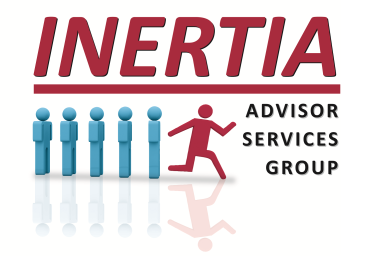Questions Clients Should Answer Before Self-Funding Can Be Considered A Viable Strategy for Long-Term Care Planning.....
Self-funding future Long-Term Care (LTC) needs may be the default when a client or prospect doesn't have a formal plan. However, that's not the same as a client who chooses Self-Funding as their Long-Term Care Plan, so that distinction makes the advisor's role on this topic pivotal.
Ask clients for answers to the following questions to determine whether self-funding is prudent and to reveal the extent of the steps still necessary to turn a CHOICE into viable Long-Term Care PLANNING.
-
Have I/we projected our future need for LTC, including the type of care, duration, and costs?
-
What specific investments/assets must be allocated to cover our projected LTC expenses?
-
What is our "Plan B" if the self-funding plan fails or proves insufficient?
-
Could a change in health or lifestyle impact our ability to follow through with self-funding LTC?
-
How will we feel if or when facilities and care providers prioritize those with insurance-based LTC Plans ahead of us since we are "private pay" and self-funding?
-
Could our Self-Funding strategy affect other financial goals, retirement plans, or legacy plans?
-
How could Self-Funding LTC affect the retirement income plan for my spouse/partner?
-
What could be the physical, emotional, and financial toll on our family with a self-funding strategy?
-
How will a self-funding strategy affect us when one partner requires LTC and the other does not?
-
Who is our durable power of attorney, and do they support the choice of our self-funding strategy?
-
How will our self-funding strategy perform in a challenging market or economic environment?
-
What inflation rate does our Self-Funding strategy assume for the future cost of care?
-
What are the tax implications of paying for care under a Self-Funding strategy?
-
When and how will we communicate our self-funding strategy with their family or loved ones?
-
Is it possible our loved ones could or would prioritize an inheritance over our desired quality of care?
-
What is our plan to manage finances in the event of cognitive decline or incapacitation?
-
What legal & estate planning documents are necessary to support our self-funding strategy?
-
How frequently will we review and adjust our self-funding strategy to ensure it remains viable?
-
Could self-funding impact our eligibility for Medicaid or other assistance programs in the future?
-
Wouldn't an insurance-based solution leverage our self-funding dollars to create a more effective Long-Term Care Plan that supports or better answers all or most of these questions?
Perhaps now it's easier to see that self-funding may not be effective Long-Term Care Planning…
230828

